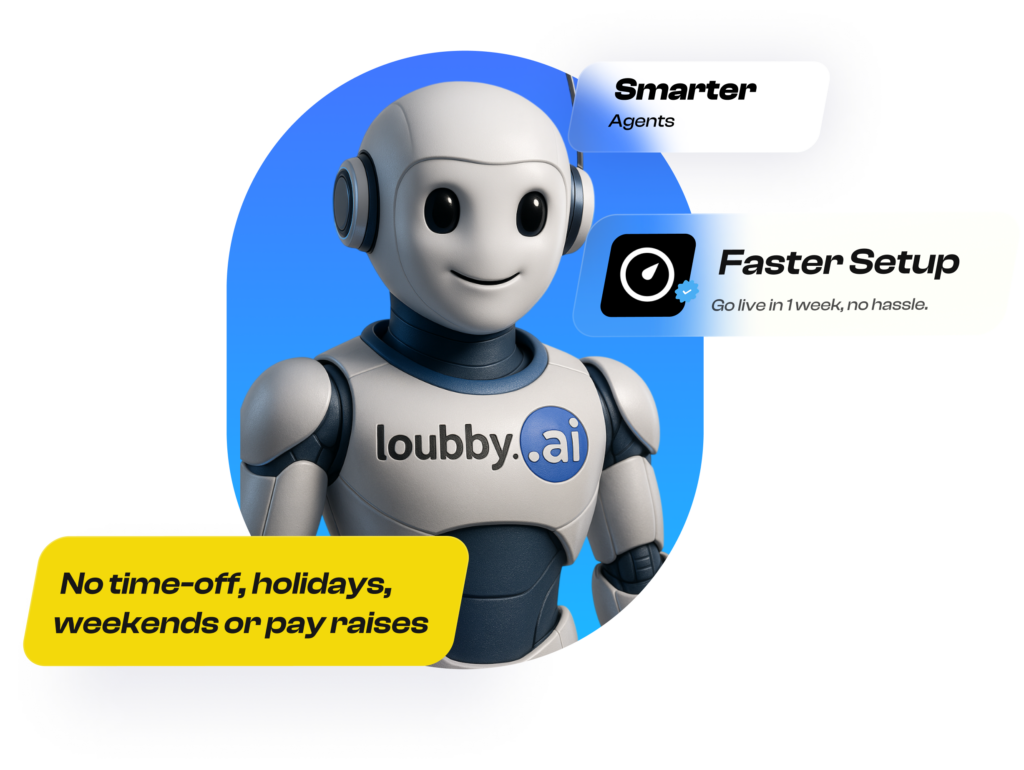The tech industry has historically presented women with several challenges when it comes to getting their foot in the door and advancing in their careers. However, remote work and platforms like Loubby AI are changing the game and creating a more inclusive environment. These developments are paving the way for talented women in Africa to thrive in technology. This article aims to explore how Loubby AI is empowering women in tech through remote work, offering an optimistic and inspiring perspective.
The Gender Gap in Tech:
Despite progress in recent years, the gender gap in the tech industry remains significant. According to the World Economic Forum, women account for only 22% of AI professionals globally. In Africa, the gender disparity in tech is even more pronounced, with women facing cultural, social, and economic barriers to pursuing careers in technology. However, remote work has emerged as a game-changer, providing women with greater flexibility and access to opportunities regardless of geographical location.
Loubby AI’s Role in Empowering Women:
Loubby AI is at the forefront of empowering women in tech by connecting them with remote work opportunities across Africa and beyond. Through its platform, Loubby AI enables female talent to showcase their skills, access job opportunities, and collaborate with global teams from the comfort of their homes. Whether it’s software development, digital marketing, or graphic design, Loubby AI offers a diverse range of remote work opportunities that cater to women’s talents and interests in the tech industry.
Breaking Down Barriers to Entry:
One of the key barriers women face in entering the tech industry is access to education and training. In many parts of Africa, girls are less likely than boys to pursue STEM (science, technology, engineering, and mathematics) education due to cultural norms and societal expectations. However, remote work platforms like Loubby AI are breaking down these barriers by providing access to online learning resources, mentorship programs, and skills development initiatives tailored to women in tech. For example, Loubby AI may partner with educational institutions and non-profit organizations to offer coding bootcamps, workshops, and certification programs designed to empower women with the skills they need to succeed in tech.
Flexible Work Arrangements:
Another advantage of remote work for women in tech is the flexibility it offers in balancing work and family responsibilities. Many women in Africa juggle multiple roles as caregivers, homemakers, and breadwinners, making it challenging to pursue traditional office-based careers. Remote work allows women to work from home or other convenient locations, enabling them to better manage their time and prioritize their personal and professional commitments. For example, a female software developer in Kenya may choose to work remotely for a tech company based in Europe, allowing her to care for her family while pursuing her career aspirations.
Promoting Inclusive Work Cultures:
In addition to providing remote work opportunities, Loubby AI promotes inclusive work cultures that support and empower women in tech. Through its platform, Loubby AI encourages employers to prioritize diversity and inclusion, foster supportive work environments, and provide equal opportunities for career advancement. For example, Loubby AI may partner with companies that offer mentorship programs, leadership development initiatives, and networking opportunities specifically tailored to women in tech.
WHAT IS LOUBBY AI DOING?
Loubby AI is making a significant impact on women in tech by empowering them with remote work opportunities, breaking down barriers to entry, promoting flexible work arrangements, and fostering inclusive work cultures. By leveraging technology and innovation, Loubby AI is helping to bridge the gender gap in the tech industry and create a more diverse, equitable, and inclusive workforce.
As remote work continues to grow in popularity, platforms like Loubby AI will play a crucial role in empowering women in tech and shaping the future of work in Africa and beyond.







